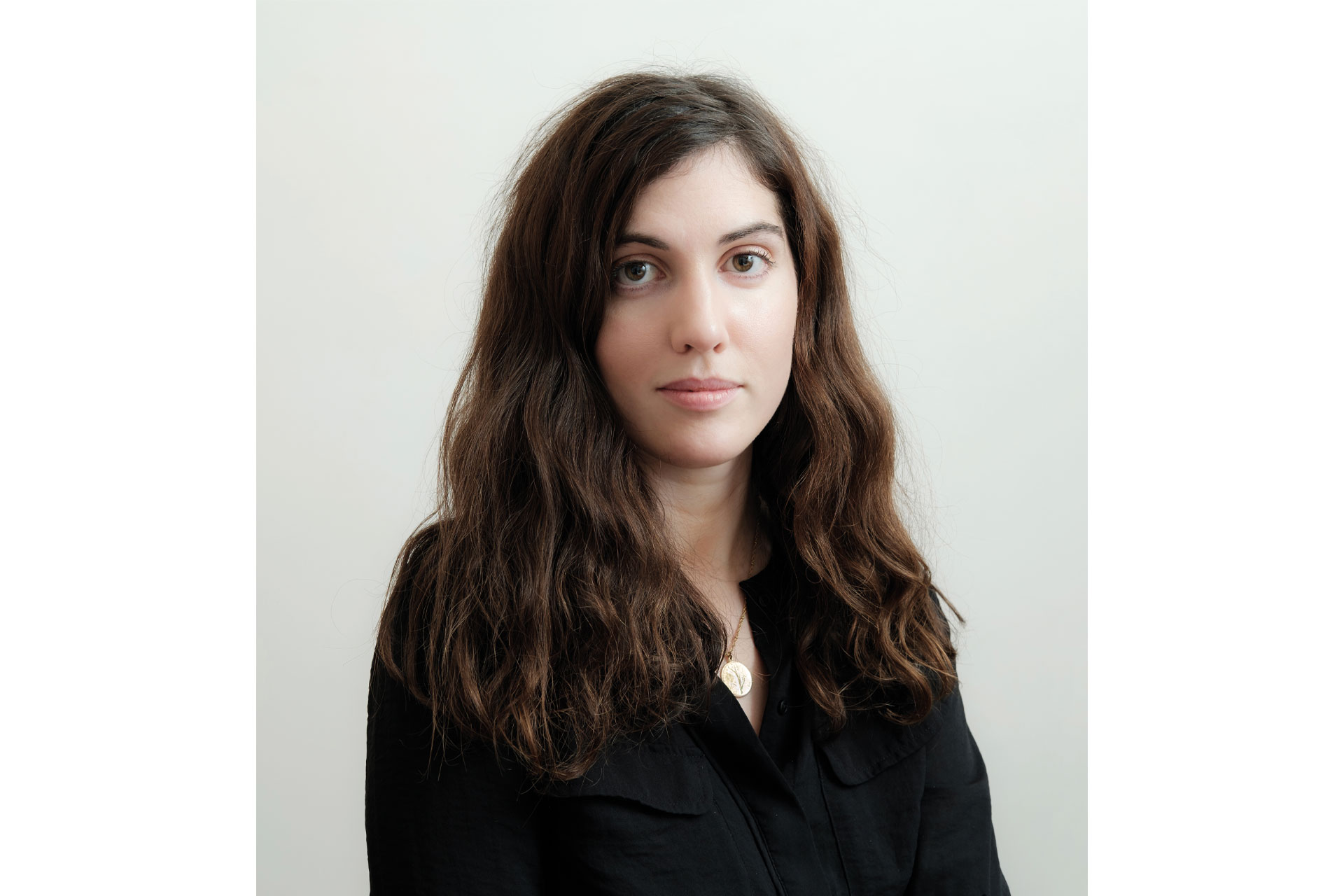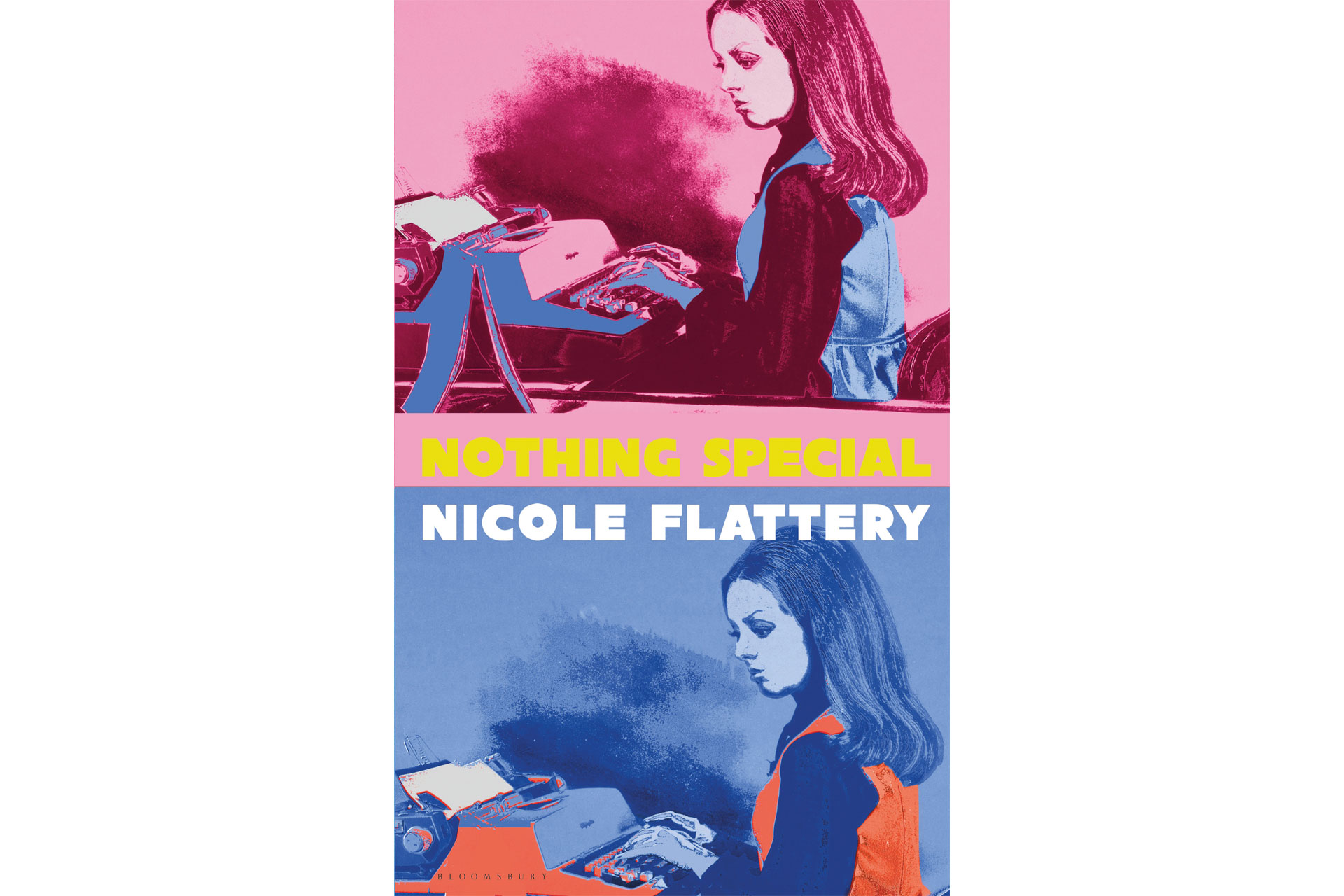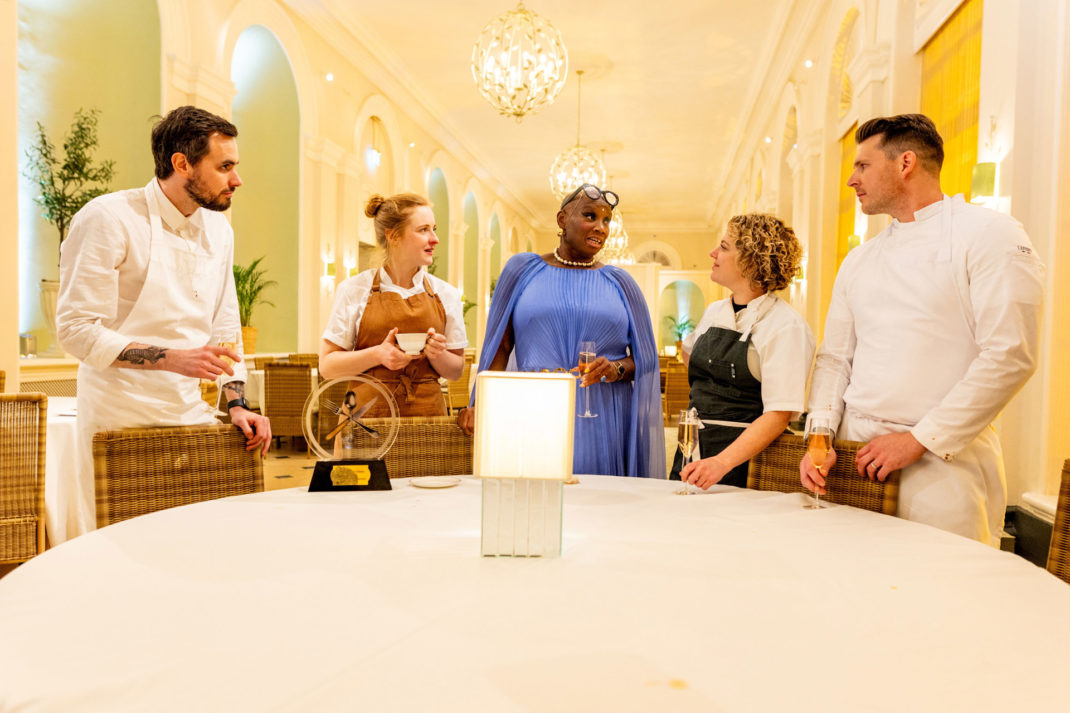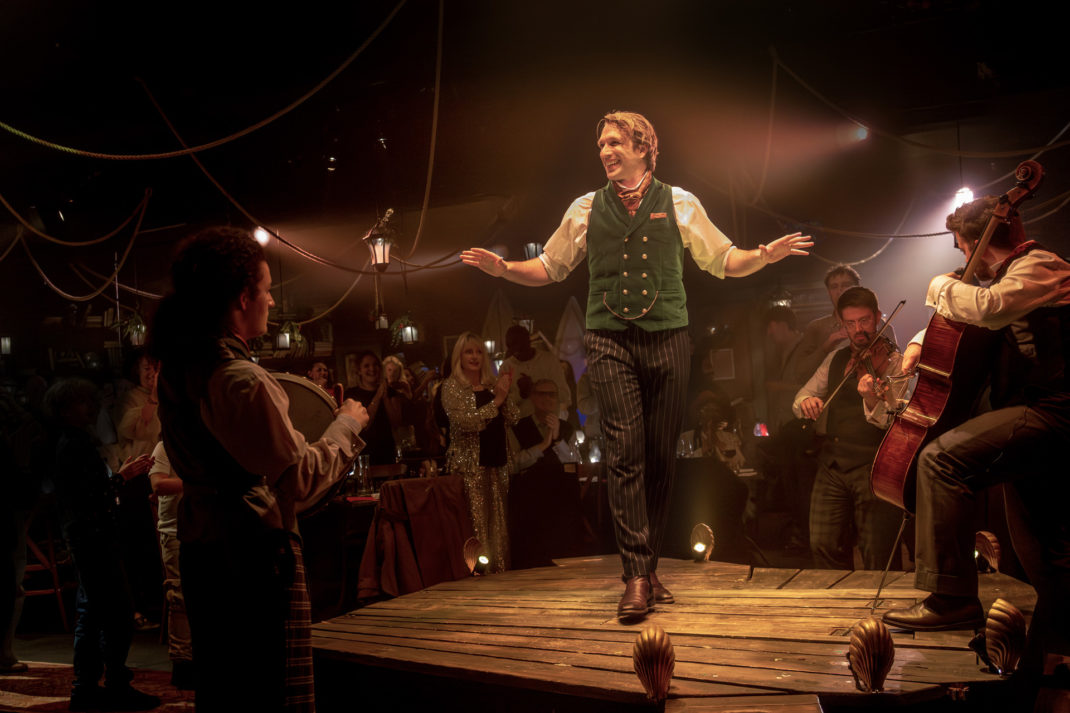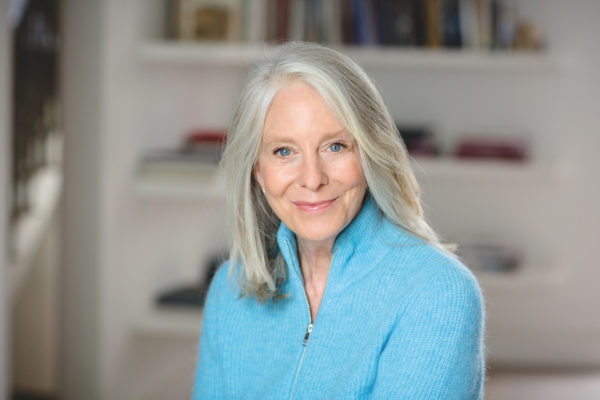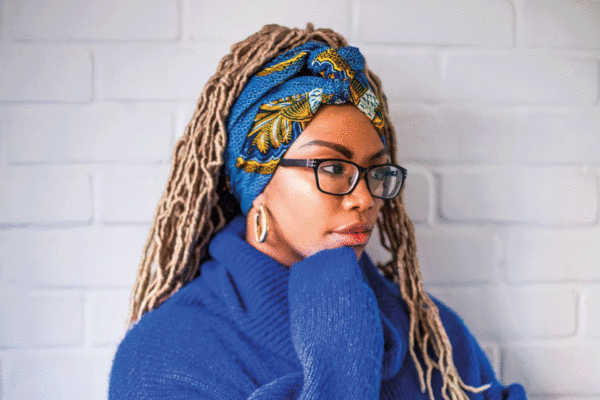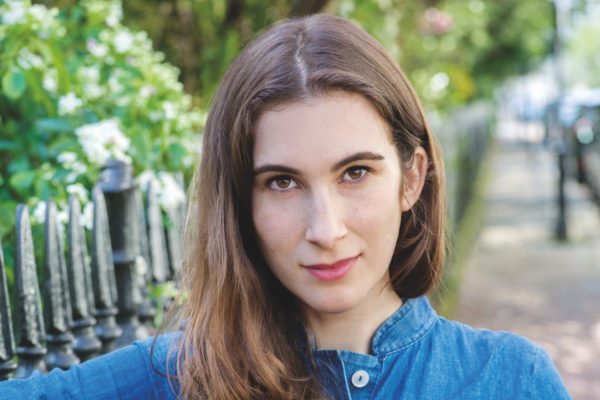C&TH Book Club: Nothing Special By Nicole Flattery
By
3 years ago
Would Andy Warhol approve of the TikTok generation?
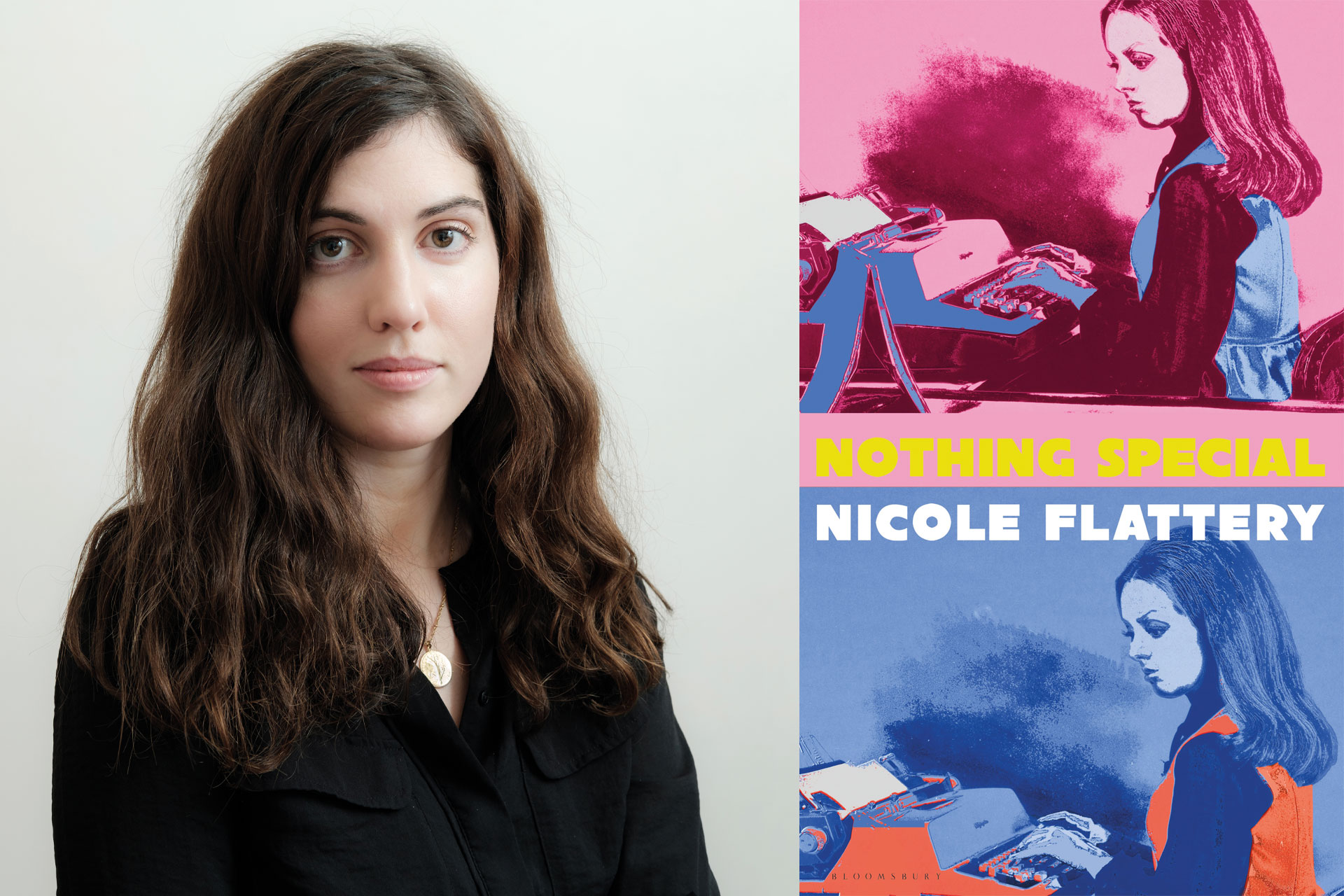
In March’s Book Club, Nicole Flattery tells Belinda Bamber how a book by Andy Warhol inspired her debut novel, Nothing Special.
Interview With Nicole Flattery, Author Of Nothing Special
Belinda Bamber (BB): Nothing Special is a darkly funny novel about Mae, a teen typist employed by Warhol to transcribe his audio tapes of life at the Factory. She’s fictional, but the story isn’t, since real-life intimate tapes of Warhol’s acolytes formed the basis of his 1968 book, A: a novel. What gave you the idea for this story?
Nicole Flattery (NF): I’ve had the idea for Nothing Special since 2017/2018, before my story collection Show Them A Good Time was released. I was reading Olivia Laing’s Lonely City in a hotel room and was initially fascinated by the idea of a novel created by tape recording sessions. I made a note and bought a copy of A: a Novel when I got home. The more I thought about it the more attached I became to the idea of the typists. At the time, I was working on a short story called Track, about a comedian who listens to canned laughter over and over again in order to become inspired, and it felt like it was the same language almost. I knew this would be a challenge, but I was up for it.
BB: What research did you do for the book?
NF: I researched pretty extensively – I went to a lot of Warhol exhibitions, read a lot of biographies, watched the Warhol films, read around the time a lot, spoke to people who were there, watched a lot of films from the ’60’s, ’70’s. I found all of it enjoyable: it’s like anything else, the deeper you get into it the more interesting it becomes. Unfortunately, I didn’t get to hear the tapes as they’re in the Warhol Museum in Pittsburgh and I wrote this novel largely during the lockdowns. That was an annoyance but in any historical fiction, you have to leave space for your imagination too.
BB: Mae is an unreliable but engaging narrator. Did you enjoy writing her?
NF: I feel very close to Mae and it was interesting to watch her character develop. As I’m more familiar with writing short stories, I had never spent so much time with a character before. It was very important to me that Mae shows her age, she’s only 17 – she’s always trying on different identities, trying to become someone else. That can lead to some mistakes, as it always does at that age, but there is something indestructible about her too.
BB: Is the obsession with self-invention a specifically 1960s trope?
NF: I don’t think so necessarily. Maybe in the 1960s it felt new – with the arrival of certain fashion styles that felt specifically youth-oriented – but I don’t think so. People have been inventing and reinventing themselves forever. It’s one of the joys of being alive.
BB: Warhol’s continual recording makes everyone in the Factory morbidly self-consciousness. Any parallels today?
NF: One thing writing this novel made me think about was how we do record each other constantly now. I do consider it a form of surveillance. I think a lot of novels (some of them very good) are thinking about how we communicate online, but we should also be thinking about how we watch and look online. I do think we’ve lost something through this constant self-monitoring and self-display. I don’t care if that makes me sound old! A certain freedom has been lost.
BB: Given his interest in fame, would Warhol approve of the TikTok generation?
NF: Maybe Warhol would appreciate the effort, but I do think he’d abhor the results. Say what you want about the Factory people – they were self-involved, narcissistic, stupid, etc –but they were still fun. They had personalities. I consider them performers more than anything else. So much of online content is bland and deadening.
BB: Mae is profoundly affected by listening to intimate tapes all day. How did that theme of ‘overhearing’ impact your writing?
NF: It’s strange but I think it changed how I listen. It made me so much more alert to sounds. The novel takes a paranoid turn, and I do think that would happen if you spend so much time listening, searching for something that might not be there. I do think people were always jostling for position in the Factory too – someone was always on top – and that naturally lends a paranoid element. When will I fail? When will I lose my position?
BB: What is Warhol’s greatest legacy?
NF: To me, Warhol’s films are his greatest legacy. They’ve really lasted. They were proof he could make anything interesting and he had a profound gift for spotting star quality. There’s something about the films that remains quite dangerous and exciting, and I just don’t feel the same way when I look at the paintings.
BB: Why is a department store so pivotal to the story and how do you feel about emblems like Fenwicks closing, as online shopping takes over?
NF: I love department stores and in fact the descriptions of the stores are some of my favourite in the novel. I came of age when department stores were really where you hung out as a teenager, met boys, invented yourself basically. They were a huge part of youth for so long. And there’s so much performance in department stores, particularly the high-end ones. I love to watch people shopping. Annie Ernaux has a great paragraph in her diaries about how her sexual desire increases her need to shop. There’s so many reasons people go to department stores. I hope we never lose them fully.
BB: After brief moments of fame, the lives of Warhol’s crowd often ended badly. Would you rather have been an It Girl or a typist?
NF: That’s an interesting question. I think I’d be a typist, I’m not sure I’d have the energy to be an It Girl. Leave that to the professionals.
BB: Lennon and Jagger were both part of the Factory scene. Which would you choose for your fantasy Factory party?
NF: Can I have Paul McCartney instead? Paul McCartney with Bianca Jagger’s wardrobe.
BB: Everyone from Mae to Warhol describes themselves as a writer in Nothing Special, and you also mention your writing process in the text. What’s behind that self-observation?
NF: I think Mae takes herself really seriously as a writer, and she doesn’t fully understand the project she’s involved in. I do think parts of this were me relearning how to write. It was so different from the short stories, and I feel, because a lot of the novel is about creative processes, that emerged quite naturally. Then again, I feel with every novel you have to relearn how to write, or to write the language for that specific novel.
BB: Which authors inspire you at the moment?
NF: I’m always inspired by different writers. Mary Gaitskill and Lorrie Moore have been constant inspirations to me. I thought about Alfred Hayes and Richard Yates’s work a lot when I was writing Nothing Special: that kind of chilliness and introspection. Don DeLillo was on my mind too.
BB: Tell us about your next book
NF: I’m working on a new novel which will be quite distinct from Nothing Special – darker, modern, wholly different from anything I’ve tried before.
Nicole Flattery’s book Nothing Special is out now, £16.99. bloomsburypublishing.com

